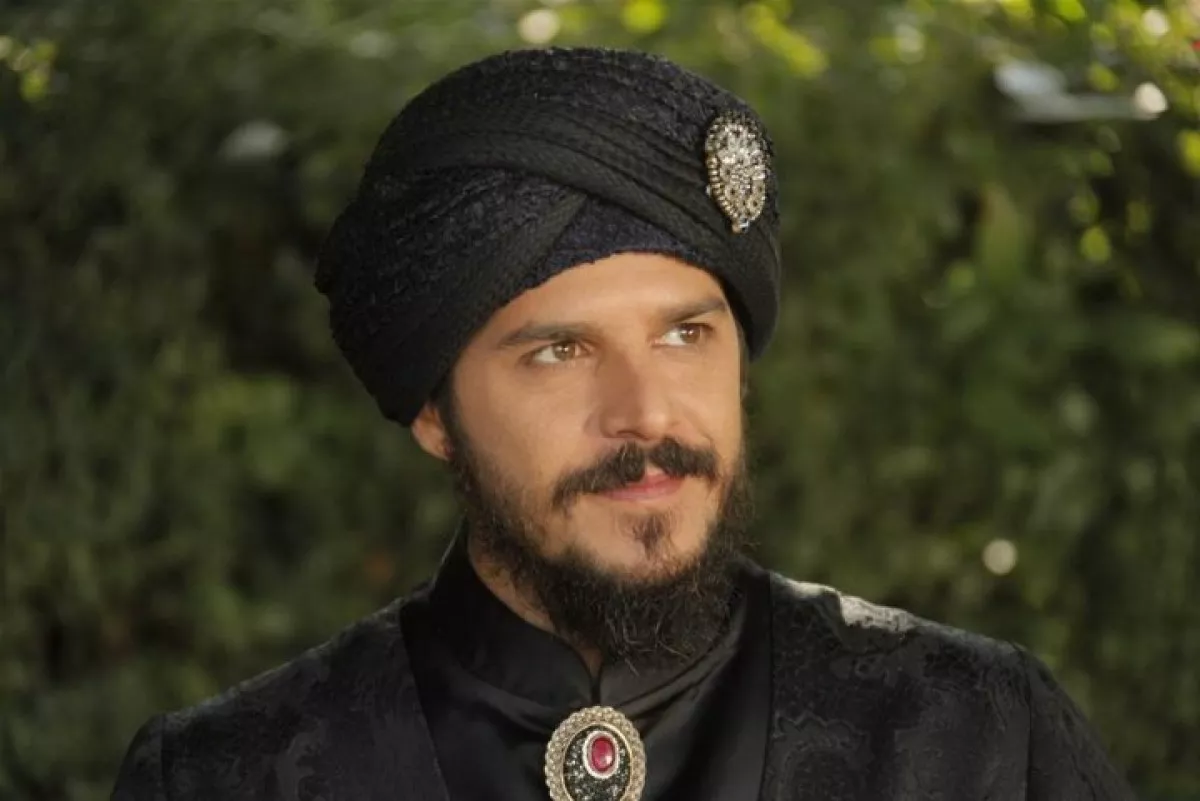Mustafa's beard became a threat to the throne

In the 16th century Ottoman Empire, every element of appearance, from clothing to hairstyles, held deep meaning. This was reported by Upl.uz.
Specifically, the beard of the ruler had particular significance. In the "Great Century" series, Prince Mustafa is depicted as an honorable and respectable heir, supported by the people and the new bees.
However, one detail of his character, although not specifically emphasized in the series, played a crucial role in his tragic fate. This was Mustafa's beard, which was compared to that of his father, Sultan Suleiman the Magnificent, in terms of its density and length.
According to Ottoman traditions, the sultan's beard was not merely a style element but a symbol of supreme authority. Only the padishah was entitled to grow a long and thick beard, which emphasized his status.
Heirs, even adult princes, were required to adhere to this rule and avoid resembling the ruler in appearance. These rules were considered an integral part of court etiquette and hierarchy.
Mustafa, as Suleiman's eldest son and governor of the province, deliberately broke this custom by growing a beard similar to his father's. Such an action did not go unnoticed.
When Mustafa appeared before the new bees or the court with a beard equal to the sultan's, it was received as an open signal. His appearance conveyed the message, "I am ready to rule, I am no less than my father."
In the Ottoman court, every gesture and detail of clothing was carefully analyzed, thus Mustafa's action was equated with a claim to the throne. For Suleiman, as someone striving to maintain his absolute power, this was a serious threat.
The situation became even more complicated with political intrigues. Other princes, led by his mother Hurrem Sultan and her ally, Grand Vizier Rustam Pasha, took every opportunity to undermine Suleiman's trust in Mustafa.
They spread rumors that Mustafa was plotting against someone, portraying him as a danger to the throne. Although there was no concrete evidence of Mustafa's conspiracy, his behavior, including his conspicuous beard, intensified the sultan's suspicions.
In Suleiman's view, this was his son's attempt to present himself as equal to the ruler, and such a situation was unacceptable. Mustafa's beard, besides being a personal choice, became a political statement.
This indicated his popularity among the new bees and the people, which further worried the sultan. In the Ottoman Empire, since the sultan's authority was absolute, such symbolic actions were viewed as a threat to state stability.
Fearing the loss of control, Suleiman decided to eliminate his son under the influence of surrounding intrigues. In 1553, Mustafa was summoned to his father's presence and executed by Suleiman's order.
In the Ottoman Empire, there were special decrees regulating the level and shape of beards. For example, new bees and court members were required to grow beards shorter than the sultan's, which were strict rules implemented to maintain hierarchy.







